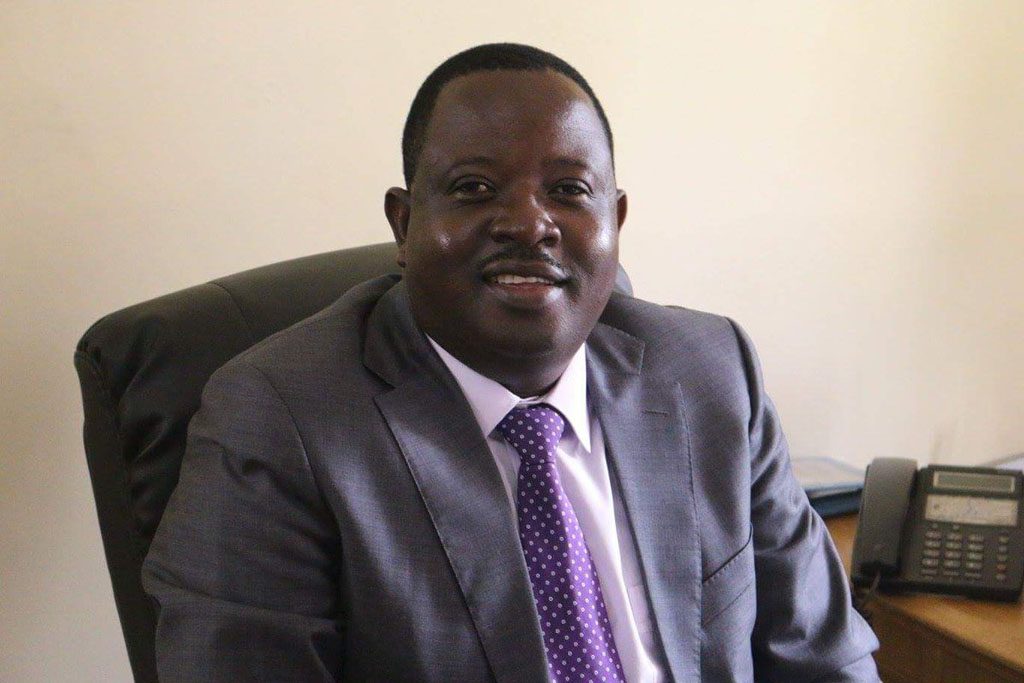“Iyi Mbeu, Iyi Mbeu, Ngaichengetedzwe! Iyi Mbeu iyi, Iye mbeu iyi, iyi Mbeu Ngaichengetedzwe!” Loosely translated, the song means, “This seed should be guarded at all cost,” meaning the girl child’s body should be guarded, valued and respected.
By Michael Gwarisa recently in Chivi District
Even though the song seemed somehow suggestive and vulgar as the Sista to Sista Mentor for Chivi Ward 7, Sibongile Chikwee would lead the girls from Jenya Primary and Secondary school in song and dance where they would touch various body parts including the breast, gluteus maximus and private area, the message was loud and crystal clear, ‘Respect the girl child’s body!”
Chivi is well known for its perennial droughts and since it is located in the natural region 4, the district receives little to minimum rainfall. As a result, most girls in the area fall prey to adult men who capitalise on the drought, hunger and poverty to exploit the innocent souls.
According to the National AIDS Council (NAC), Chivi district has the highest HIV burden in Masvingo province with prevalence rate standing at 14.6 percent. The district has also seen an increase in the HIV burden for children aged 0-14 owing to various factors which include Child Sexual abuse among a host of others.
To hedge the young girls against possible HIV infection and the temptation of venturing into early child marriages, the National Aids Council (NAC) through support from The Global Fund has set up various Sista To Sista establishments in the country’s 10 provinces including Chivi district in Masvingo.
Unlike in the old days when the Sister to Sister programs would only target secondary school going age girls and those who would have dropped out of school or vulnerable backgrounds, NAC and partners have integrated primary school girls into the Sista to Sista program which aims among other things to empower young school girls with critical Sexual Reproductive Health and Rights (SRHR) knowledge.
The program equips the girls with the necessary knowledge and power to report and refuse abuse of any form.
Sista To Sista mentor for Chivi Ward 7, Sister Chikwe said the issue of poverty in Chivi had exposed many girls to numerous challenges including sexual exploitation, HIV, rape and early child marriages and teenage pregnancies.
“At times from our meetings with the girls, you just note from the way a girl responds to a question or how she dances during our play and dance sessions that this girl is lacking something or is being abused somehow.
“Abuse does not just happen to orphaned girls, it also happens to those whose parents are still alive but because of the poverty at home at times they rush into sex work or expose themselves to abuse,” said Sister Chikwee.
The Sista to sister program is also training the young girls to venture into productive projects such as gardening and livestock rearing while NAC provides them with sanitary wear. She also said the program has immensely reduced the scourge of teenage pregnancies in the area as girls are now spending more time in school.
“For most of the girls who have joined the Sista to Sista program, we have not seen them falling victim to early teenage pregnancies. We cover sessions on SRHR and we emphasise on issues to do with abstinence and I can say this has helped a lot.
“The program started in 2016 but had somehow died a natural death before the NAC came to its rescue. We also emphasise on the need for HIV testing to those who would have graduated and left school or probably pursuing marriage goals.”
According to the ministry of health statistics, HIV infections in young girls aged 15 to 24 was hovering above 13 000 in 2016 owing to an increase in transactional sex and intergenerational sexual relationships.
Pamela Chizu a student at Jenya school who is also a beneficiary of the Sista to Sista program said she had learned a lot from the initiative especially in the areas of abstinence and sexual reproductive health rights.
“This program has helped us a lot, we now know things we were never exposed to. Issues to do with self-esteem, abstinence from sex among others.
“We are also receiving sanitary pads from NAC and now we learn without having to miss out on school. The biggest challenge for girls around here are the cattle headers, they flash money and most young girls fall prey,” said Pamela.
Meanwhile, the District Aids Coordinator for Chivi, Mr Jonathan Mashingaidze said the program has empowered girls and women who are a part of the groups to know about their HIV status.
“The way we were capturing our teenage pregnancies, we were relying on the MoHCC Antenatal bookings statistics and we gathered teenage pregnancies were rising. So what we have done is in 2019, we used to have 10 groups for mentors, we are intending to increase by five meaning next year we will be having 15 groups with the aim of targeting health centres. Antenatal Clinics (ANC) data is showing us that teenage pregnancies are happening.
“On HIV education and knowledge, we have two indicators we are looking at measuring for all the groups we registered in 2018. We are looking at ensuring that all the girls in the clubs should have completed 40 sessions and we also expect that 56 percent of the girls in clubs should also know their HIV status and by December we will be evaluating that,” said Mashingaidze.
According to the Zimbabwe Population Based HIV Impact Assessment (ZIMPHIA) indicates that young girls were susceptible to sexual exploitation and early pregnancies.




